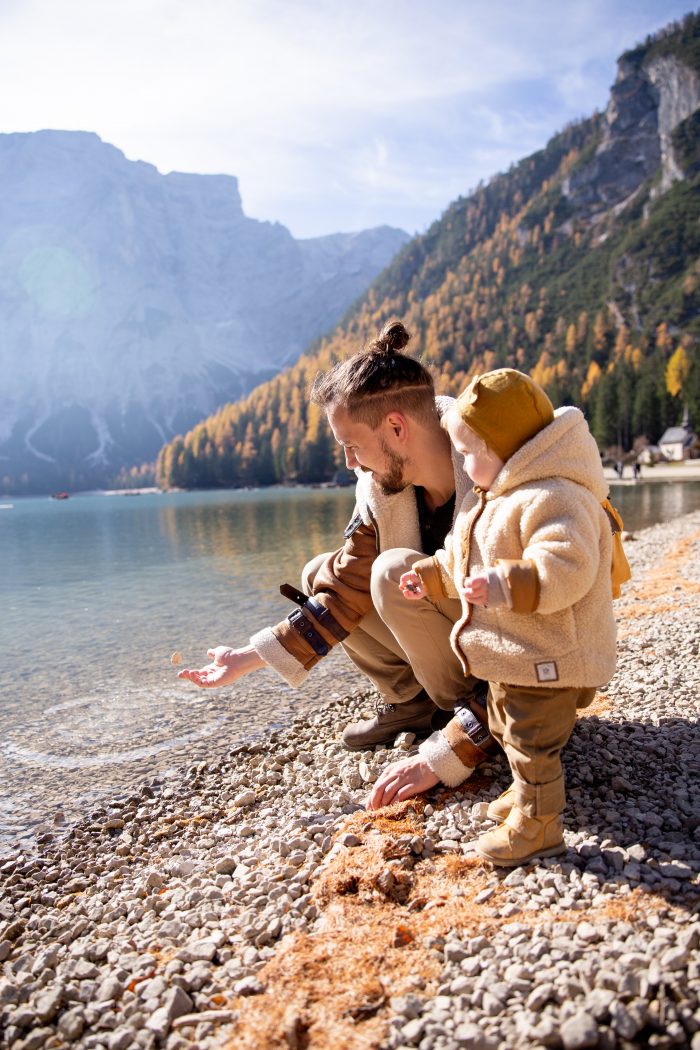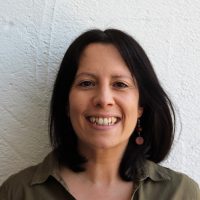Like everyone, I have been completely flooded with articles, links, posts about our current situation. So much so that I questioned the need of writing something myself. So I didn’t do anything at first.
But then, after the 152nd article on how to wash your hands or how to work from home, a part of me was seriously annoyed, even though I couldn’t pinpoint why. I finally found out this morning: because I don’t feel sorry for us and I don’t think we are in a bigger crisis than we were before- we just got a new perspective on it.
Don’t get me wrong: I am very sorry for the casualties and the grieving families, the people who temporarily lost their incomes, the low paid jobs in supermarkets, hospitals, gas stations who need to show a brave face and continue “business as usual” so we can continue to have, as much as possible, a normal life.
But for most of us, what are we really talking about here? Working from home (with the same income, minus the commute), spending more time with spouses and children (commonly called “the loved ones”), spending more time with pets (aka the unconditional love machines), using the newly found spare time to garden, read, learn new languages, sleep, bake, whatever it is we claim we don’t have the time to do usually. I’m sure we can manage.
And still: the spoiled child that we are as Western society has to face a restriction in our leisured and wealthy world, and it doesn’t go that well. See, Greta and friends have been saying for months-even years that we need to live in a more sustainable way for our own sake, but it was just words and statistics, apocalyptic visions of the future for some of us.
Actually, to be honest, we were kind of OK to keep things as they were when this was impacting people elsewhere or a generation to come.
Except this time, it’s happening NOW and it’s happening TO US.
But this virus made the brilliant tour de force of showing us what life could be if everything we are now taking for granted wasn’t there anymore. It demonstrated the obvious of what had to change in the way we eat, the way we consume, the way we travel, the way we take care of our children and elderly. In a very real and practical way.
By putting us on hold, it also forces us to slow down and take the time to look at our situations with, if not a brand new regard, definitely eyes who can’t turn blind anymore.
But I can’t help wondering, what is that awful in those changes after all? Reconnecting with nature and people, re-thinking our economies on a local scale, encouraging personal growth over financial growth feel so intuitive and energizing.
If you are still doubting that, just look at videos taken during the isolation period showing nothing but solidarity, humor and support: people everywhere rediscover what it means to be humans. In the meantime, nature rediscovers herself without us on it and needed only a few days to restore water quality in Venice, air quality in China, wildlife in Japan, reminding us that the Earth is turning around the sun, not around us.
All those rediscoveries make the coach in me very excited as I can’t wait to help with what will happen after the last case is cleared up. What are we ready for now? Are we going to come back to our “normal” life as if nothing happened? Can we even do that?
The best way we can use this free time for ourselves and our families (after we have rested and reconnected) is to sit and have a think about how much we have learned from this experience and turn it into actual changes: grow a garden in the backyard? Learn to bake with the family every Saturday? Limit online purchases to what we can’t find in our local shops? Ask our manager to work from home one or two days a week? Travel locally and/or with ethical companies?
Start tiny. Have a genuine conversation about it. Be creative. Involve the children. There is a place at the crossroad of our needs and what the planet can offer and finding it starts with each and every one of us, one step at a time.












Read 0 comments and reply